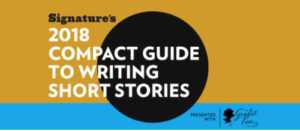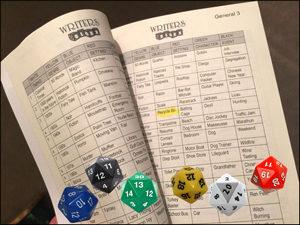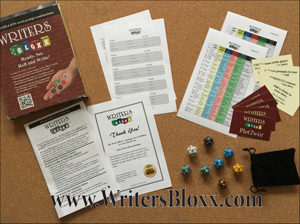Over the past few weeks I’ve been encouraging you to write stories for special occasions to make sure you are writing year round, but also as a way to attract the attention of editors.
And that is started to make me feel a bit uncomfortable.
StoryADay has always been about the early stage of the process…the creative work, not the publishing and selling part. Sometimes friends ask me why I don’t publish anthologies or run competitions here at StoryADay.
It’s not by accident.
I passionately believe that you don’t do our best work when we’re thinking about who might buy a story or what a judge might think.
We do our best work when we are writing for the love of it, or for ourselves, or for one person we think will enjoy this story.
(That’s not to say that we shouldn’t pursue publication or that there is anything wrong with wanting that. It just pays to focus on the work first.)
So this week I’m encouraging you to set aside all thoughts of editors and publication credits and write for the love of writing and for the love of someone special.
The Prompt
Write A Birthday Story for Someone You Love
Tips
- This doesn’t have to be a story about the person you’re writing for. Just imagine amusing or moving or entertaining them, as you write.
- You don’t have to ever show it to them.
- Try to imagine how touched they would be, if you did show it to them, to know that you wrote this story for them.
- Pour your affection for them into this little story. Love it. Be nice to it. Treat it as something precious and delightful, like your friendship, not like a foe to be vanquished.
- Get to the end of the story within 24 hours if you can, to keep its spirit pure.
- Consider making this an annual habit. Put it on your calendar for their next birthday, too.
Go!
If you try this exercise I would LOVE it if you would come back and leave a comment. How did the writing go? Did the process feel different from other stories you’ve written? How did you feel about the story itself?



 Today’s bonus prompt comes from Elise Holland, writer and editor of the 2Elizabeths online literary magazine
Today’s bonus prompt comes from Elise Holland, writer and editor of the 2Elizabeths online literary magazine

 Hi!
Hi!



